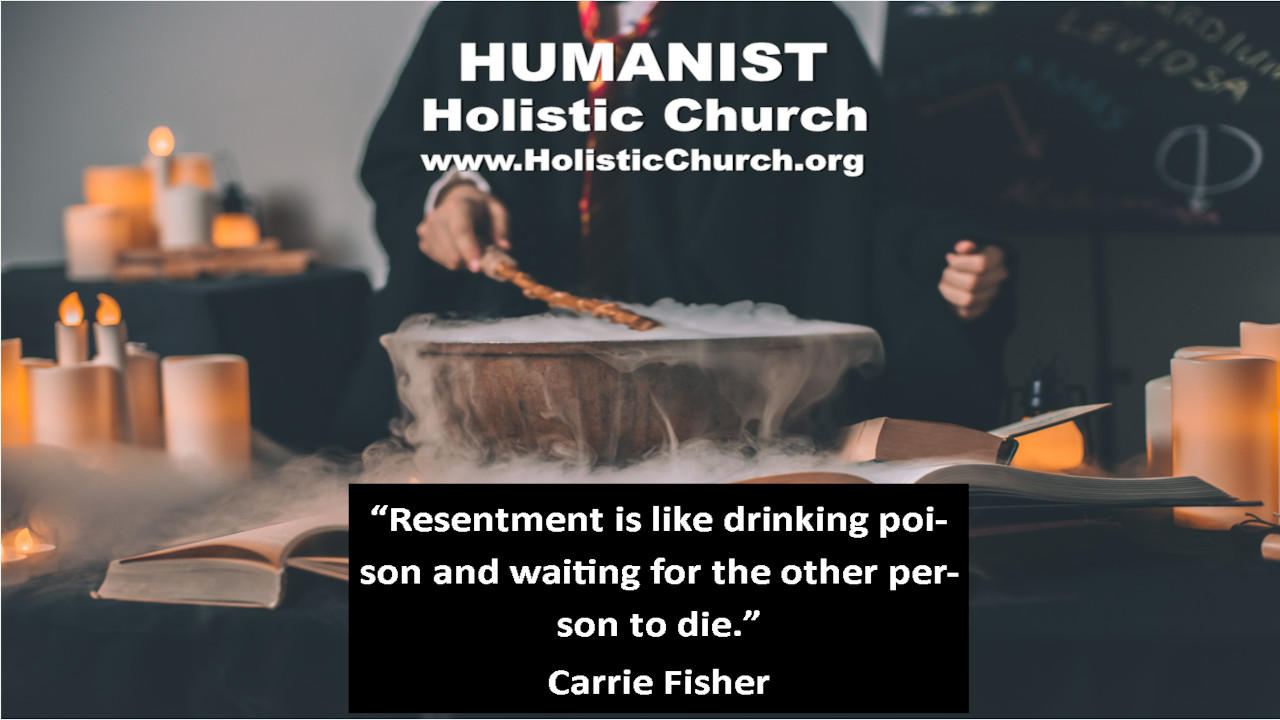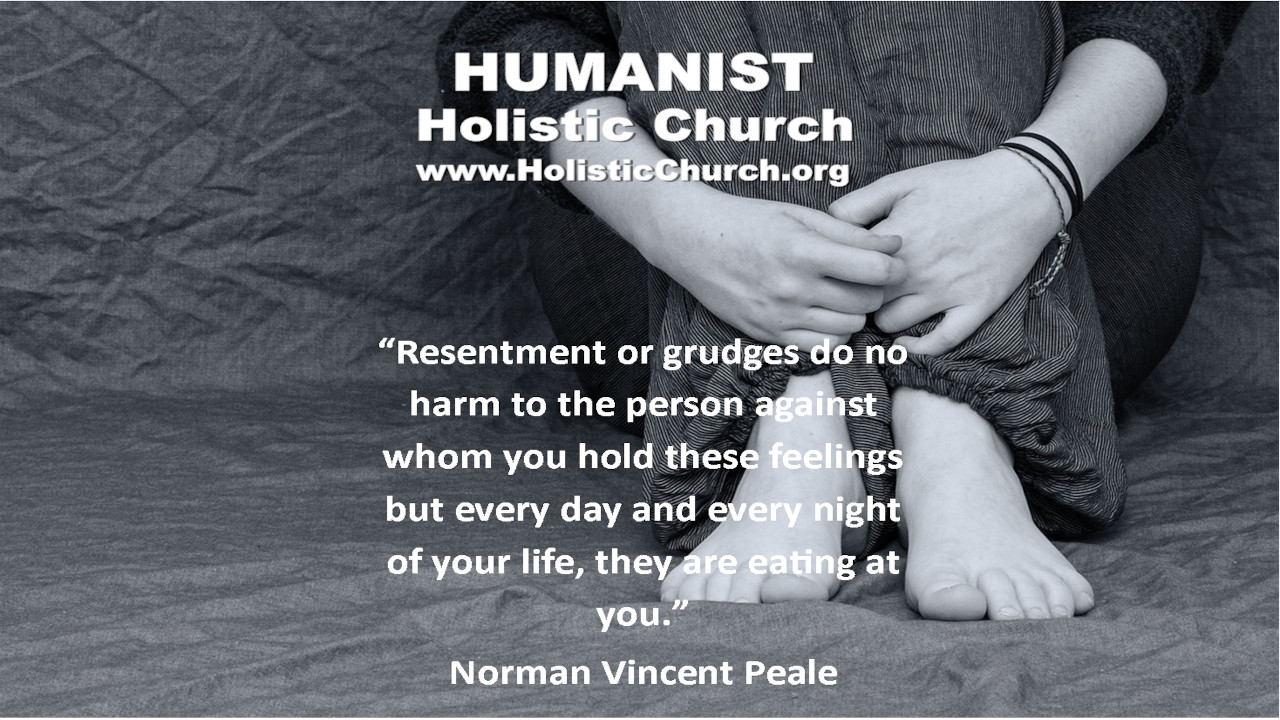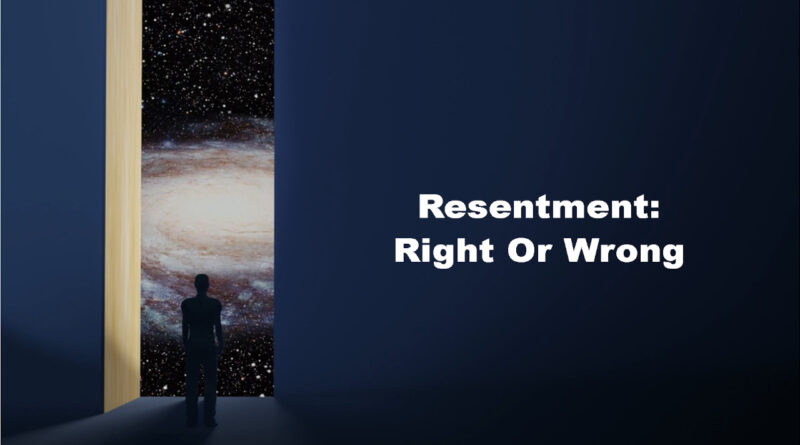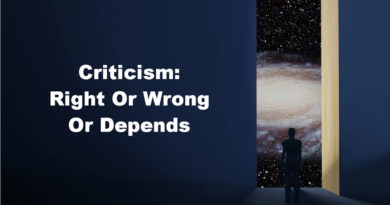Resentment: Right Or Wrong
Relationships, workplaces, and social interactions are complicated. None of us navigates these waters trouble-free.
Life isn’t fair, either. We all get hurt sometimes. That’s unavoidable. Criticism, disappointment, or unfairness can be painful.
Therefore, resentment is a natural reaction to an opinion or action that is unfair or that we perceive as unjust. The lack of resentment in the face of unfairness would be alarming. The presence of it is normal.
But resentment is only the first stage of a more complex reaction. Exploring the event that caused it as objectively as possible can stop the chain reaction.
Make sure you understand the upsetting event correctly. Consider your role in it: is it possible that your actions caused or contributed to it? If so, claim your share of responsibility, fix what can be fixed, and move on. If not, discuss the situation with a trusted friend and listen to his or her feedback: there is always more than one way to interpret things.
Since resentment holds you hostage by focusing your attention on its cause, you’ll have to make a decision on how to handle it lest it turns into indignation.
Harboring resentment is self-destructive. While the perpetrator of unfairness gets to enjoy his or her life undisturbed, the victim who harbors resentment, experiences mental anguish, emotional suffering, and even physical ailments.
“Resentment is like drinking poison and waiting for the other person to die.” Carrie Fisher

What to do when you are seething with resentment? Make a choice that is most likely to work in your specific situation.
Here are some options for handling resentment:
• The person who made an unfair decision can be confronted
Sometimes simply asking why may reveal motifs you were not aware of. Knowing them may actually resolve your resentment.
• The decision or action that caused your resentment can be challenged
Depending on the specifics any action or decision can be fought in an appropriate venue be it at home, among peers, in HR, or in a court of law. (There are also employee-rights-specific venues.)
• Injustice can be accepted or ignored
That’s, of course, not everybody’s cup of tea. But yes, there are situations when accepting or ignoring unfairness – at least for the time being – is wise.
• Unfairness can be a symptom of a larger problem
The “big hit” that made you resentful was likely preceded by smaller slights you ignored. Why did you ignore them?… Because taking action would have been more difficult than ignoring them? The “big hit” that hurts you now is one in a sequence. Being repeatedly disrespected and undervalued shouldn’t be accepted. Accepting or ignoring minor slights invites escalation. Are you willing to take more hits?
Perhaps this is the right time to make the decision you tried to avoid making. You are not a punching bag. Maybe it is time to move, move on, or make a change.
In my personal experience, the best ways of ridding yourself of resentment are:
• clarifying the motifs behind the unfairness
• fighting unfairness appropriately
• making a decision and a change that stops unfairness from recurring
The first option is likely to result in a temporary seize fire. The other two can – and usually do – result in vindication. To me, vindication is the ultimate cure for resentment.
Resentment is neither right nor wrong. Resentment alerts you that your interests or self-image is threatened. If the unfairness is partially justified, improve yourself. If the unfairness is meritless, seek vindication or move on. Allowing resentment to turn into indignation is giving up on yourself.
“Resentment or grudges do no harm to the person against whom you hold these feelings but every day and every night of your life, they are eating at you.” Norman Vincent Peale

Don’t suffer in silence. Take action and either seek vindication or free yourself from the situation or the person who causes you to feel resentful!
#Resentment #RightOrWrong #Spirituality #HumanistChurch #HolisticChurch #HolisticChurchPodcast #HumanistHolisticChurch
If you enjoy the HUMANIST Holistic Church podcast, like, follow, comment, and subscribe on Spotify or YouTube! You’re also welcome to leave a comment, below. (No login required!)





